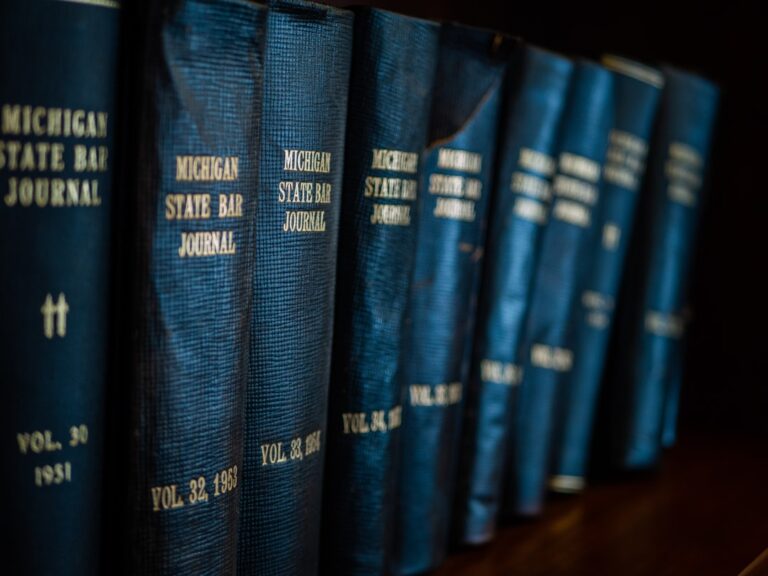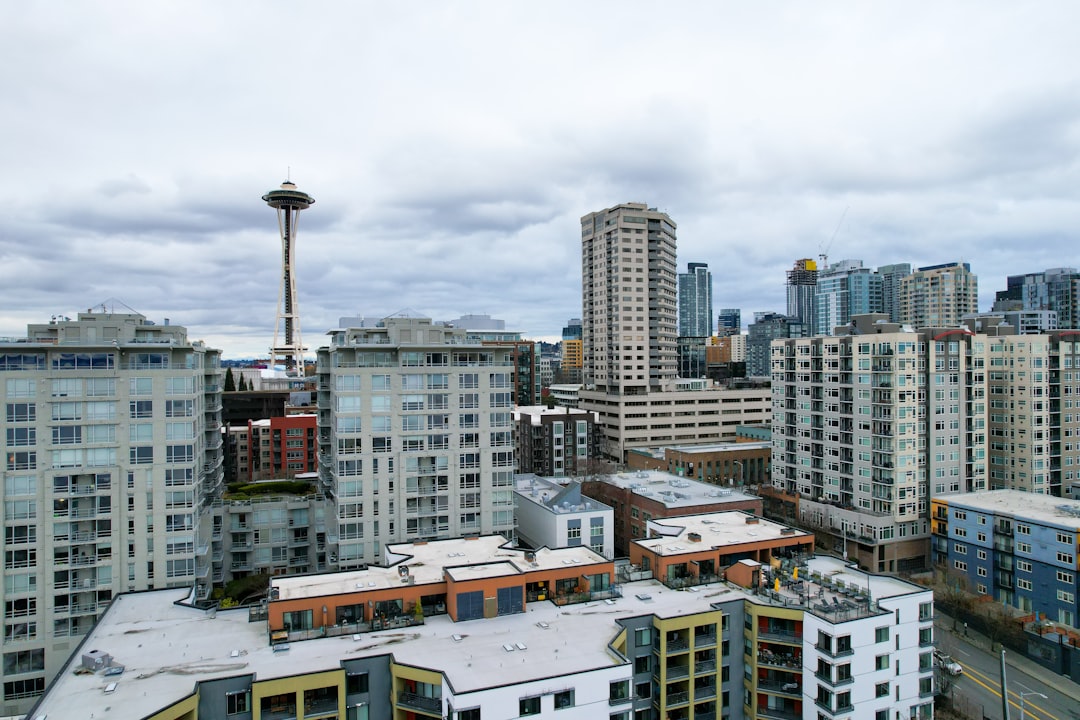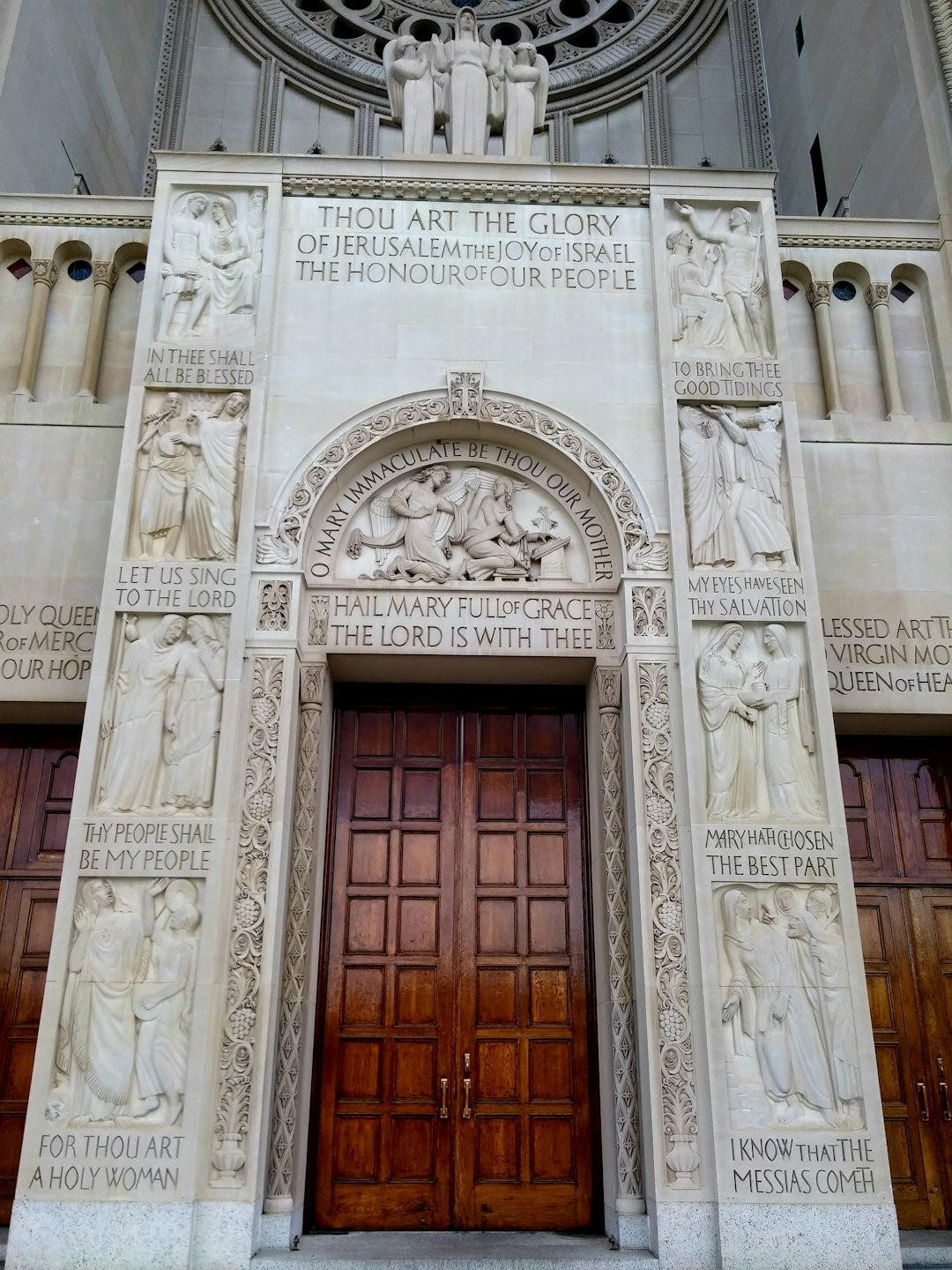International treaties establish global policies, introducing new standards against gender-based violence that can influence local laws. In Spokane, Washington, these agreements led to reforms in rape laws, driven by advocates like rape attorneys Washington, aligning the legal framework with global norms and enhancing support for survivors.
“International treaties have far-reaching implications for local laws, particularly in areas like criminal justice. This article explores the impact of global agreements on Spokane, Washington’s rape laws. We delve into the intricate relationship between international treaties and domestic legislation, focusing on changes that have benefited victims’ rights.
Historically, Spokane’s rape laws were defined solely by local statutes, but global initiatives have since reshaped these regulations. Understanding these shifts is crucial for rape attorneys in Washington who navigate complex legal terrain to secure justice for clients.”
Understanding International Treaties and Local Laws

International treaties, while shaping global policies, inherently do not override local laws. In the context of Spokane, Washington, understanding this interplay is crucial for comprehending how international agreements impact rape-related legislation. These treaties often introduce new standards and obligations that countries must adhere to, potentially influencing domestic legal frameworks over time.
For instance, human rights treaties promote protections against gender-based violence, including rape. As Washington state, and specifically Spokane, engage with these international standards, local rape laws may evolve to align more closely with global norms. This dynamic relationship between international treaties and local legislation is particularly relevant for those seeking justice or support as victims of rape, emphasizing the importance of expertise from experienced rape attorneys in Washington who can navigate this complex legal landscape.
Spokane's Rape Laws Before Global Agreements

Before the advent of international treaties, Spokane, like many cities in Washington state, operated under a legal framework that addressed rape primarily through local and state laws. These laws were often reflective of societal attitudes and norms of the time, which could vary widely across different regions and communities. Rape was generally defined as non-consensual sexual intercourse, but the specifics and penalties varied. In Spokane, as in many places, these laws may have been less stringent or strictly enforced, making it a complex issue for rape attorneys Washington who had to navigate both legal and social challenges. The lack of consistent global standards meant that local communities, including Spokane, faced disparities in handling such sensitive cases.
Changes in Rape Law After International Treaties Implementation

After the implementation of international treaties focused on human rights and gender equality, Spokane, Washington’s rape laws underwent significant changes. These shifts were driven by a growing global recognition of sexual violence as a grave violation of basic human rights. The impact was felt locally as laws evolved to better protect victims and hold perpetrators accountable, reflecting an international consensus that such crimes demand stringent legal responses.
Rape attorneys in Washington played a crucial role in these reforms, advocating for legislation that aligns with international standards. This included updates to definitions of rape, enhancements in penalties for offenders, and the introduction of more comprehensive support services for survivors. Such developments underscored Spokane’s commitment to upholding global commitments while ensuring its legal framework keeps pace with evolving understanding of sexual assault.






